A comparative analysis of li-ion vs ni-mh battery
A battery is something that is used as a substitute for direct current. Batteries have been the backbone of the industry since the mechanical revolution. There is no denying the importance and usefulness of the battery. Because in modern times, the battery is the backbone of everything from a toy to a commercial bus. They are chargeable. Cars with batteries and motorcycle battery are now being introduced.
Lithium-ion batteries have been designed keeping these needs in mind. And Nickel-metal hydride battery is a kind of conventional battery in common use. Let us tell you the difference between a lithium-ion battery and a nickel-metal hydrate battery so that you could easily choose the right battery for your devices.

Are li-ion vs ni-mh battery same
A common difference between the li ion battery vs ni mh battery is that both batteries used different materials to store power. Li-ion battery is made up of highly reactive lithium and carbon while ni-mh battery is made up of hydrogen, nickel, and other metals. If we compare the lithium-ion battery and the nickel-metal hydrate battery, we find that the cells of the lithium-ion battery are lighter and smaller than the nickel-metal hydrate battery.
If we talk about their key design features, we find that the voltage is not fixed as a number, both batteries have 1.5v. Lithium battery cells above 3v are the mainstream. Here are a few other different features which show that both of these batteries are same or not ?
| Ni-mh | Li-ion | |
|---|---|---|
| Cell Voltage (V) | 1.2 | 3.6 |
| Specific Energy (Wh/kg) | 30-80 | 80-130 |
| Specific Power (W/kg) | 250-1000 | 1400-2400 |
| Energy (kWh/m³) | 70 – 100 | 80 – 200 |
| Power Density (MW/m³) | 400 | 4500 |
| Efficiency (%) | 81 | 99 |
Specific energy density, volumetric energy density, and specific power densities clearly show that the performance of the lithium-ion battery is better than ni-mh batteries.
What is li-ion battery
A li-ion battery is a rechargeable battery consisting of cells in which lithium ions are transferred from the negative electrode to the positive electrode during the discharge and back when charged. Li-ion batteries have a higher energy density.
Usage:
These batteries are widely used. Usage of these batteries is given below. These batteries are used in portable devices such as mobile phones, laptops, smartphones, digital cameras, and torches. Li-ion batteries are also used in power tools such as cordless drills, sanders, and saws. These batteries are also used in electric vehicles like electric cars, bikes, etc.
Performance:
Due to higher energy density li-ion battery give high performance. Lithium-ion battery performance is given below.
| Specific Energy Density | 100 to 250 W.H/kg (360 to 900 KJ/kg) |
|---|---|
| Volumetric Energy Density | 250 to 680 W.h/L (900 to 2230 j/c) |
| Specific Power Density | 1400-2400 W/kg (at 20 seconds and 285 w.h/L) |
What is ni-mh battery
Nickel-metal hydride battery (nimh) is also one of the types of rechargeable batteries that are used in many electronic devices such as laptops, computers, mobile phones, and other electronic devices. This battery is consisting of two electrodes. One is positive and another is negative. The negative electrode of a nickel ion metal hydrate battery is made up of hydrogen-absorbing compounds and the positive electrode is made up of nickel oxide hydroxide.
The first time these batteries are designed was in 1989, these batteries are very cheap and work like uncharged alkaline primary cells. In some electric devices or other high-drain electronic devices, these batteries are outperforming alkaline primary cells like many other batteries.
Usage:
These batteries are widely used in power tools, digital things, and electrical devices such as cellular phones, shavers, computers, and other portables applications.
Performance:
Ni-mh battery capacity makes you not worry about the performance of your devices. Low self-discharge batteries will remain 85% working even when you are leaving them for 1 year with no use of it. Its super long-life cycles are up to 500-1500 cycles. Ni-mh batteries are convenient and more affordable in price than other alkaline batteries.
Difference between li-ion vs ni-mh battery
The lithium-ion battery is different from a nickel-metal hydrate battery in many ways. Performance, efficiency, cells capacity, energy density are those things that give information that both of these are different. In general, lithium battery has higher cell energy, higher energy density, higher volt capacity, lighter weight, better performance than ni-mh battery.
Li-ion vs ni-mh battery has different features and specifications that differ both batteries. Some most important specifications of the li-ion vs ni-mh battery are given below. Cells of both batteries have different features and specifications, and both have different cell energy, energy density, and volt capacity. We’ll discuss this in more detail in the following word.
Specifications
Specifications of both batteries in the area of power, density, capacity and some other areas are given below:
Specific energy
If we compare the specific energy of li-ion vs ni-mh battery, we found that specific energy of the li-ion battery is 80-130 W.h/kg (0.36-0.875 MJ/kg)
While on the other hand specific energy of the ni-mh battery is 30-80 W.h/ kg. It means that the specific energy of the li ion battery is higher than the ni-mh battery.
Energy density
The energy density of li-ion vs ni-mh battery is given as:
Energy density of li-ion battery is 220-250 W.h/L, (0.90-2.43 MJ/L). While on the other hand when we compare the energy density of the ni-mh battery with the li-ion battery, we found that the energy density of the ni-mh battery is 140-300 W.h/L which means that the energy density of the ni-mh battery is lower than the energy density of the li-ion battery.
Specific power
Specific power of li-ion vs ni-mh battery is given as:
The specific power of the li-ion battery is 1400-2400 W/kg. While on the other hand, the specific power of the ni-mh battery is 250-1000 W/kg.
Cell voltage
The cell voltage of the li-ion battery is 3.2 3.6 3.65 3.7v. While the cell voltage of the ni-mh battery is 1.5 v which clearly shows that the cell voltage of the li-ion battery is greater than the cell voltage of the ni-mh battery.
Cyclic durability
The cyclic durability of a li-ion battery is 300-4000 cycles. While on the other hand, the cyclic durability of a ni-mh battery is 500-1500. It means that the reliability of the li-ion battery is greater than the ni-mh battery.
Performance
Performance difference in li-ion battery vs ni-mh battery is given below. Which shows that which one’s performance is better than the other. I want to make it clear that performance is based on specifications. As above mentioned, the specifications of the li-ion battery are greater than the ni-mh battery which means that the performance of the li-ion battery will be better than the ni-mh battery. Let’s see!
Durability
Both li ion and ni-mh batteries are durable and both have been used in various applications for years. This is only one area of specifications or advantage where ni-mh battery has more advance than li-ion battery. Some li-ion batteries can’t in high temperatures, particularly in hot climates. But manufacturers are working to make these batteries workable and bearable in all types of climates and temperature.
Cost
Nickel-metal hydrate batteries are now a cheaper technology than lithium-ion batteries. Due to the high demand for lithium-ion batteries, their price may come down.
Charge timing
There is a big difference between the charging timing of both batteries. The standard charging time of a ni-mh battery is 10-12 hours while the other hand, a li-ion battery takes 1-3 hours to complete a charge
Applications
Li-ion batteries are used as mobile phone battery, laptop lithium battery, smartphone battery, and digital camera battery. Li-ion batteries are also used as power tool batteries in cordless drills, sanders, and saws. These batteries are also used in electric vehicles like electric cars, bikes, etc. While on the other hand ni-mh batteries are used in power tools digital things and various electric devices.
li-ion vs ni-mh battery – Which battery is batter
Li-ion batteries are preferred over ni-mh batteries because universally lithium batteries are lighter in weight and require less maintenance while on the other hand, nickel-metal hydrate batteries are bigger and also require much maintenance. Li-ion batteries are environmentally safer than ni-mh batteries. On a performance scale, li-ion batteries give more power and performance than ni-mh batteries.
Pros and cons of lithium-ion battery
Pros:
- Require less maintenance, this battery does not require watering like acidic batteries.
- Its charging time is very fast
- Its running time is longer than the ni-mh battery
- Long cycle life
- Low self discharge
Cons:
- These batteries are very costly
- End of life
- Still require inspection
Pros and cons of ni-mh battery
Pros:
- High capacity up to 11000 milli-ampere
- Zero toxic material
- Environmentally friendly
- Rechargeable
Cons:
- Expensive than alkaline batteries
- Self-discharge quickly
Can I replace ni-mh battery with li-ion battery
Every battery is designed for its specific purpose and applications. But it can be replaced ni-mh batteries with li-ion batteries but practically it is not a good idea because ni-mh batteries are designed and these batteries are suitable for those applications which require high current draw as compared to lithium batteries.
Ni-mh battery cells are designed for high current meaning they are designed to bear high current which normally lithium-ion batteries cell can’t bear. So, that is why it is not a good idea to replace the ni-mh battery with a li-ion battery. But functionally it can be replaced with a li-ion battery.
What to consider when buying li-ion and ni-mh batteries
When choosing a battery, whether it is a lithium-ion battery or a nickel-metal hydrate battery, or one of the two, we must first look at the specifications of the battery. Its power, density, charging time, price, and lifetime should be taken into consideration. And if there is a li-ion vs ni-mh battery, then we should look at the characteristics of the two and compare the two. These are the things to keep in mind when buying a lithium-ion or nickel metal hydrate battery.
In addition to discussing the difference between li-ion vs ni-mh battery, we also compared the difference between lithium battery vs other batteries, and the difference between lithium batteries, like 21700 battery vs 18650, in the hope that you will find it interesting and get useful information.


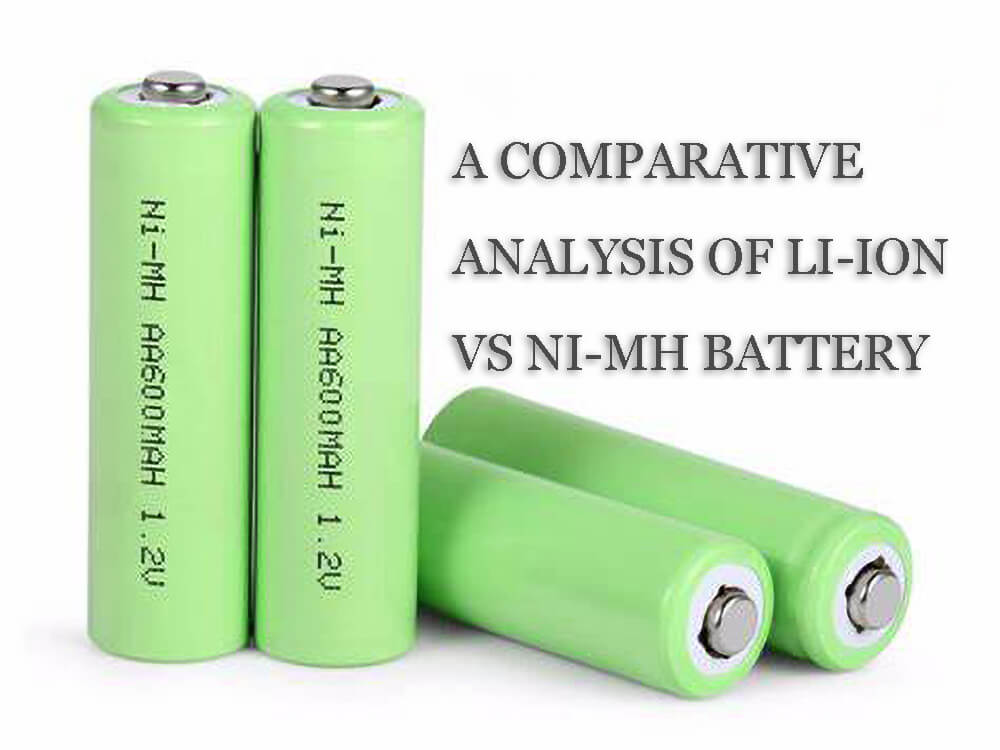
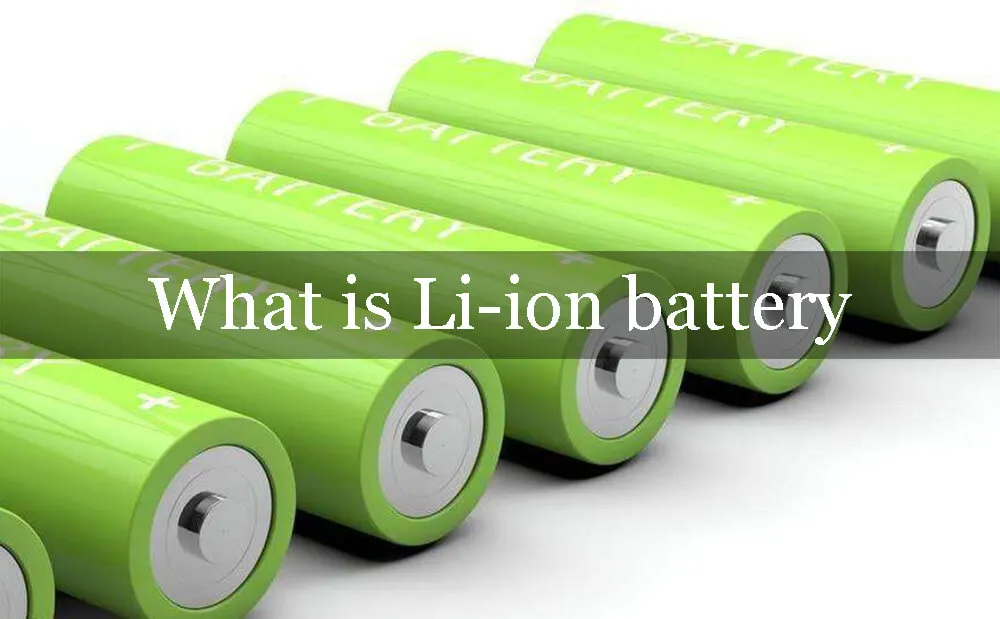
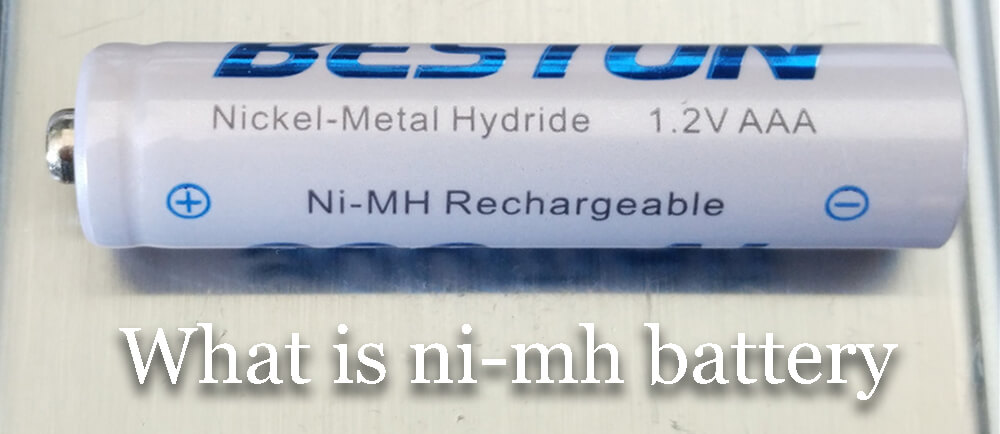
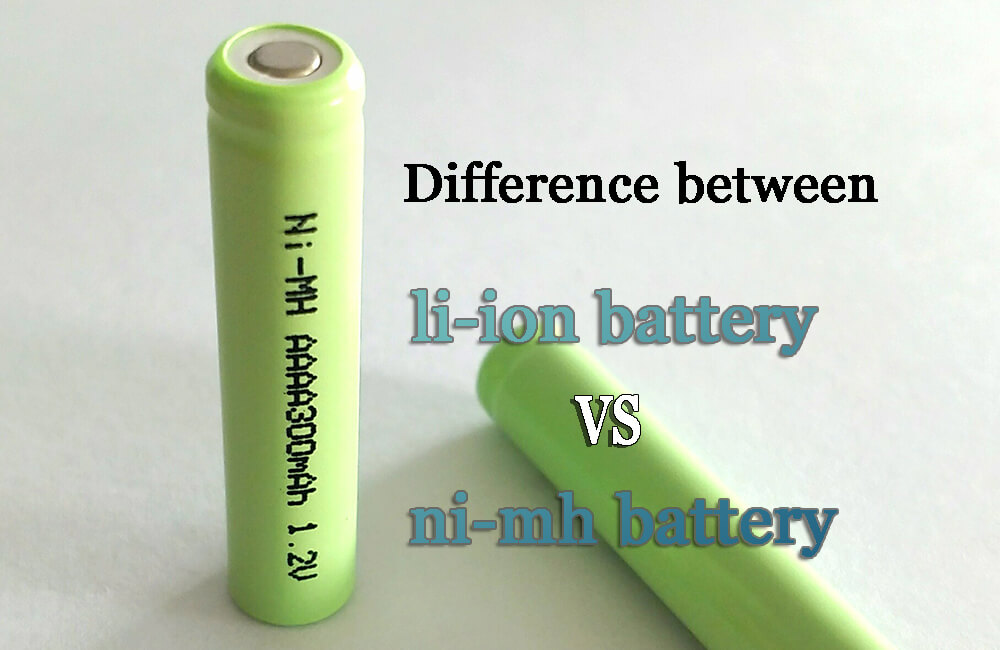
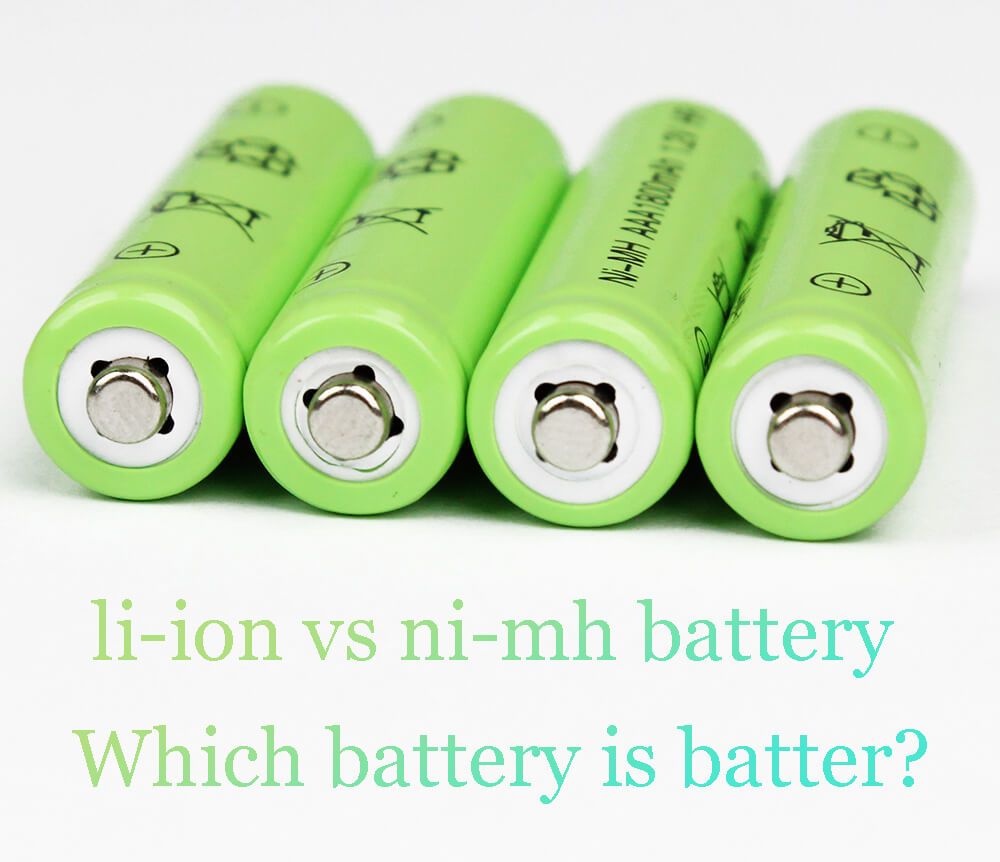
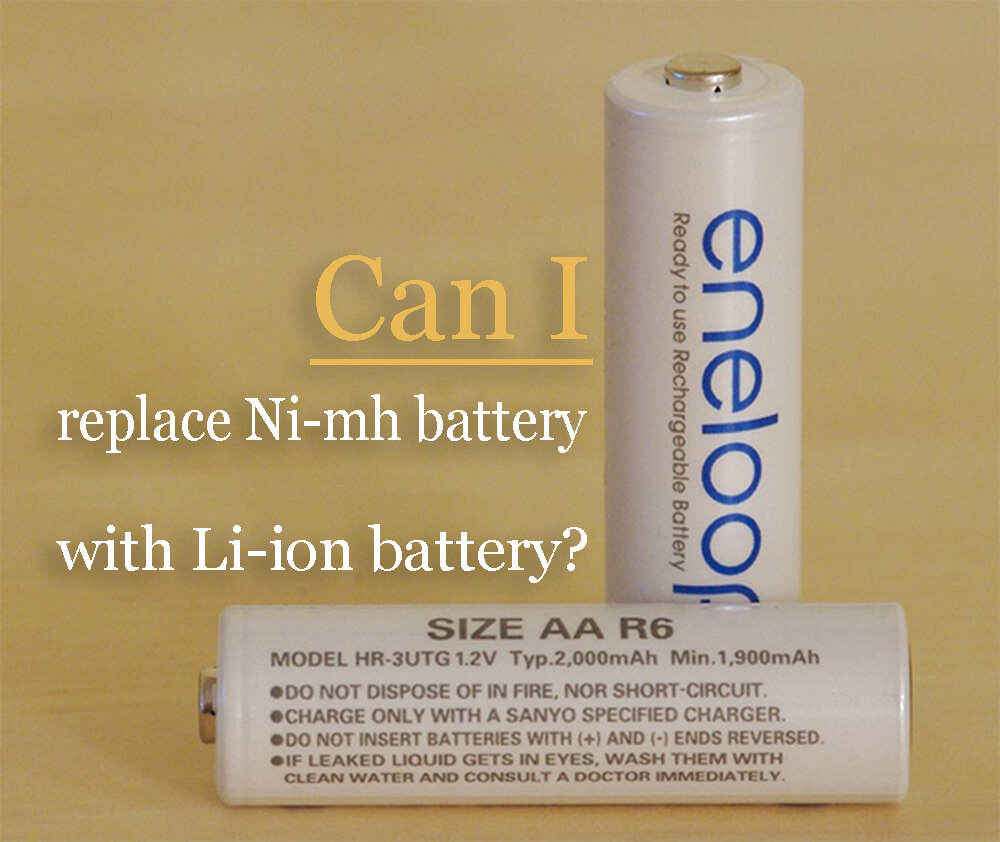
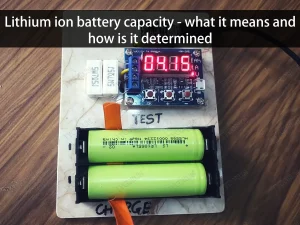
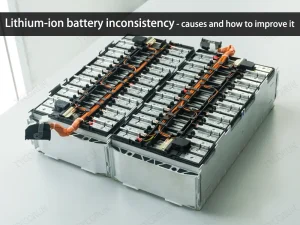
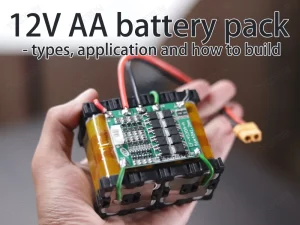
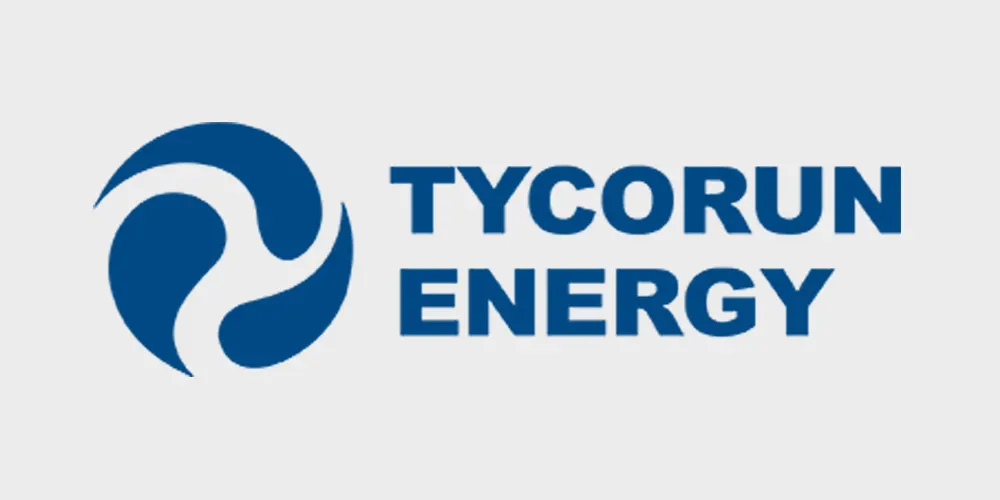
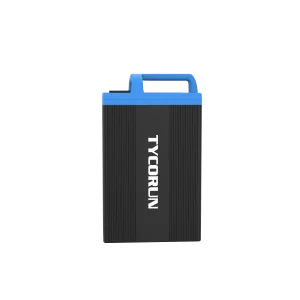
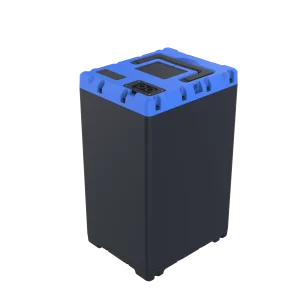
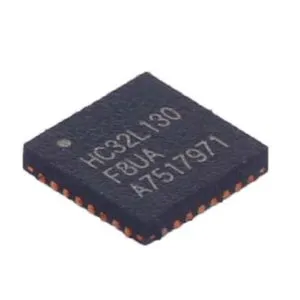
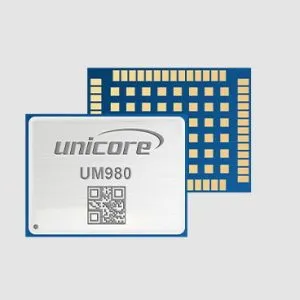
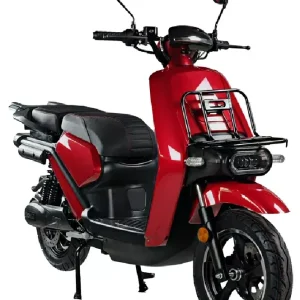
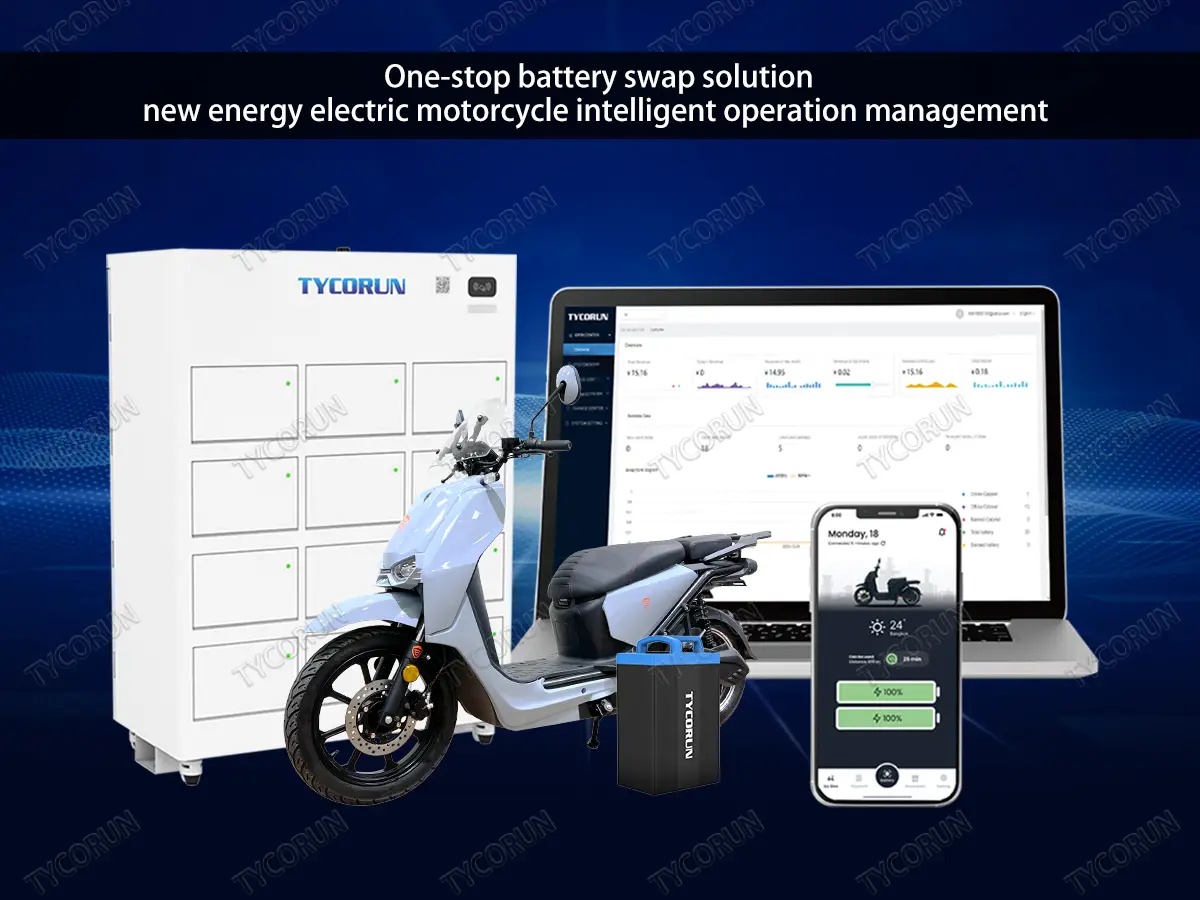
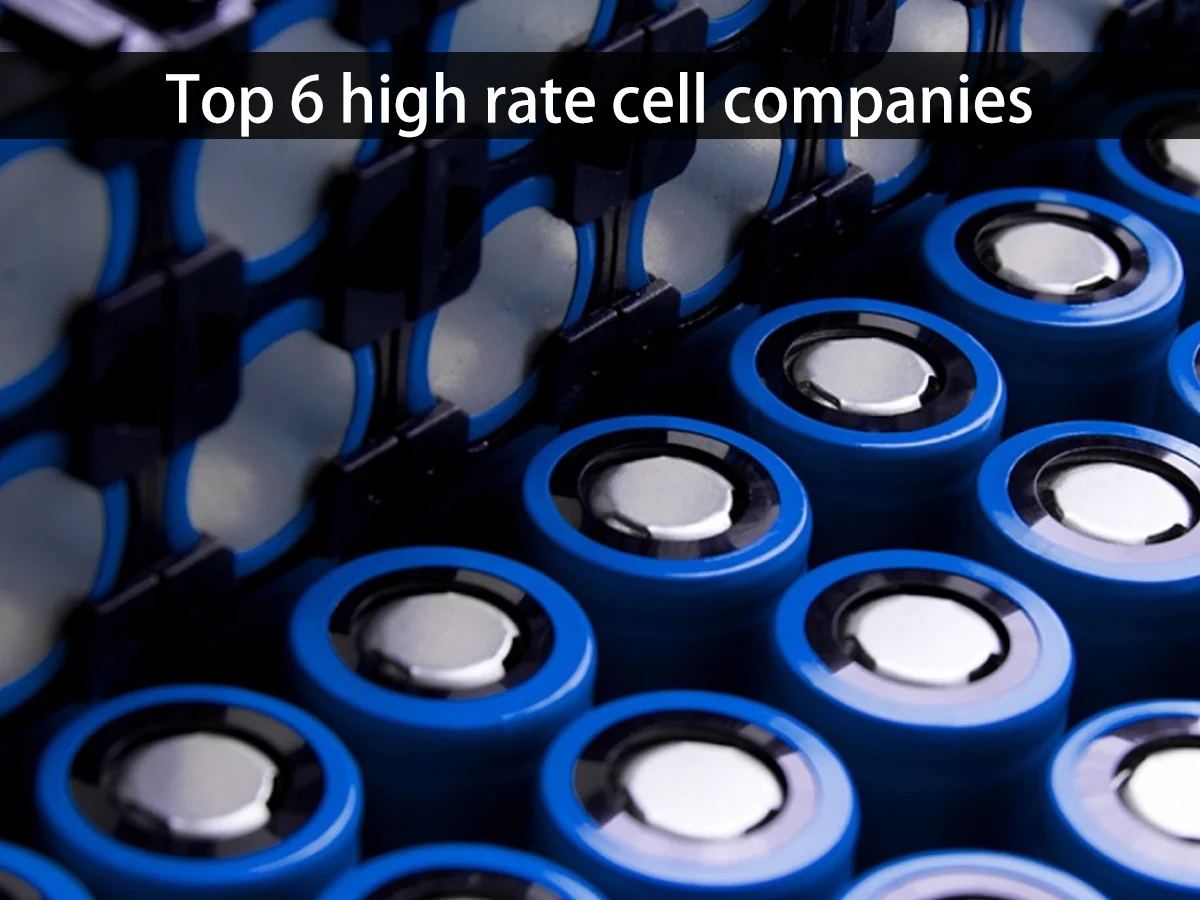
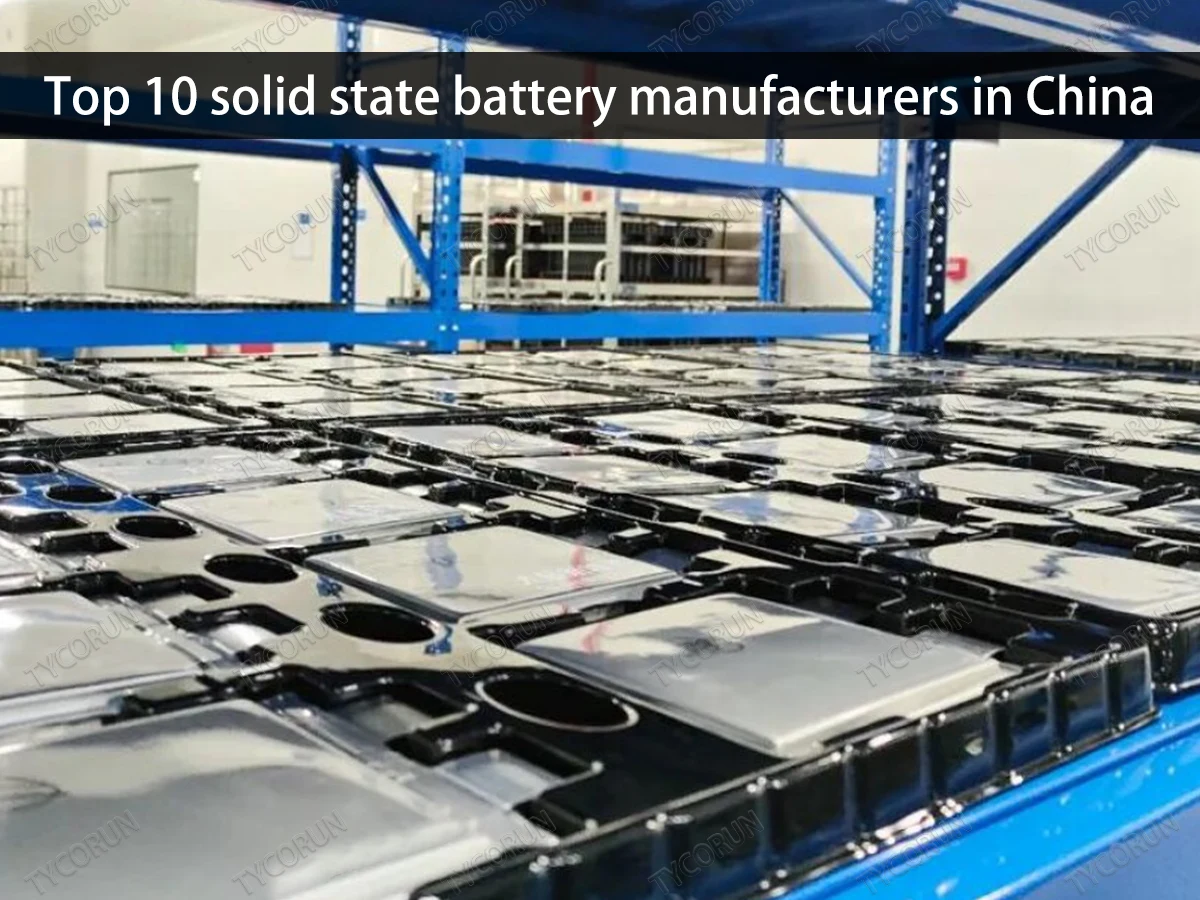

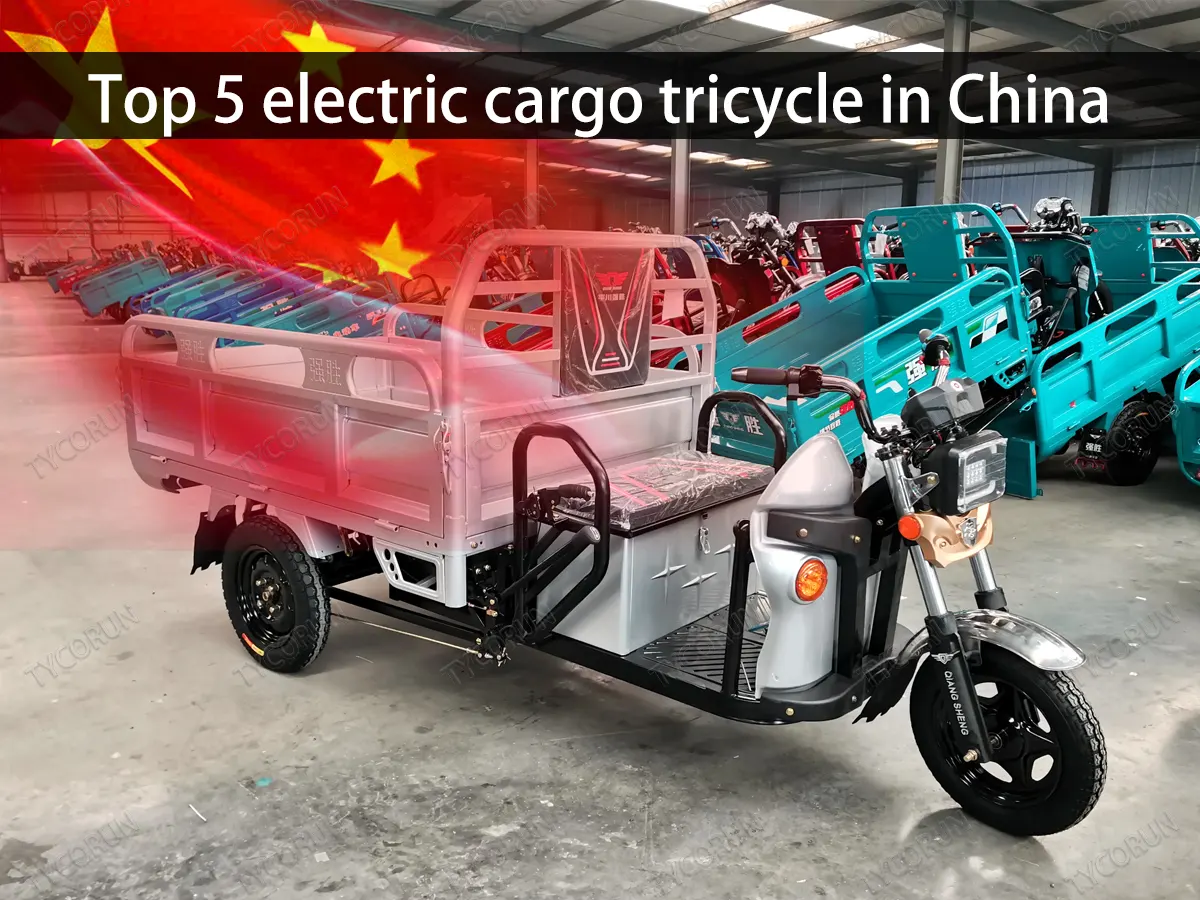
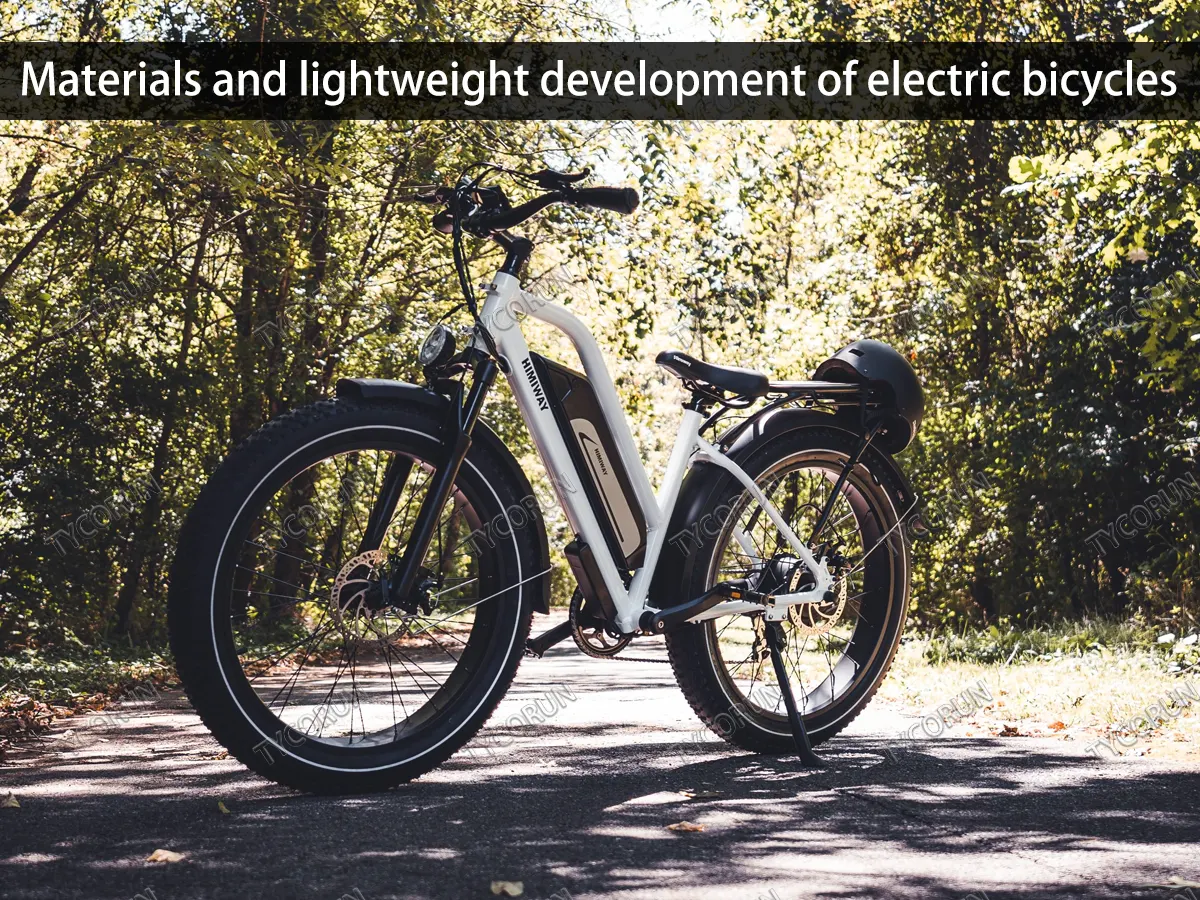
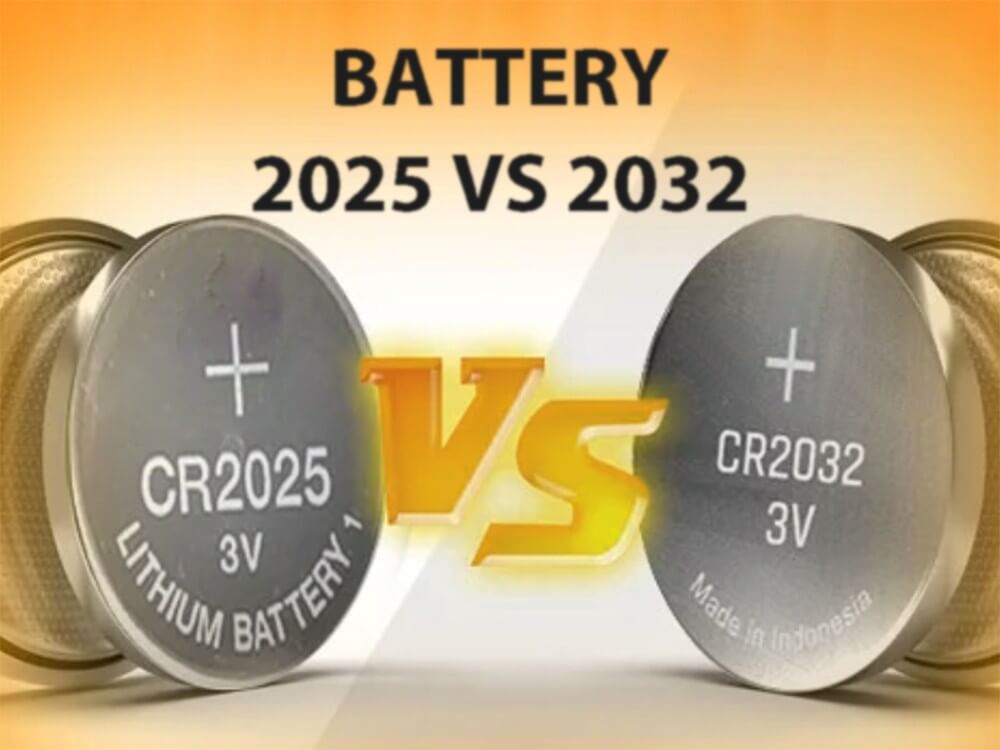
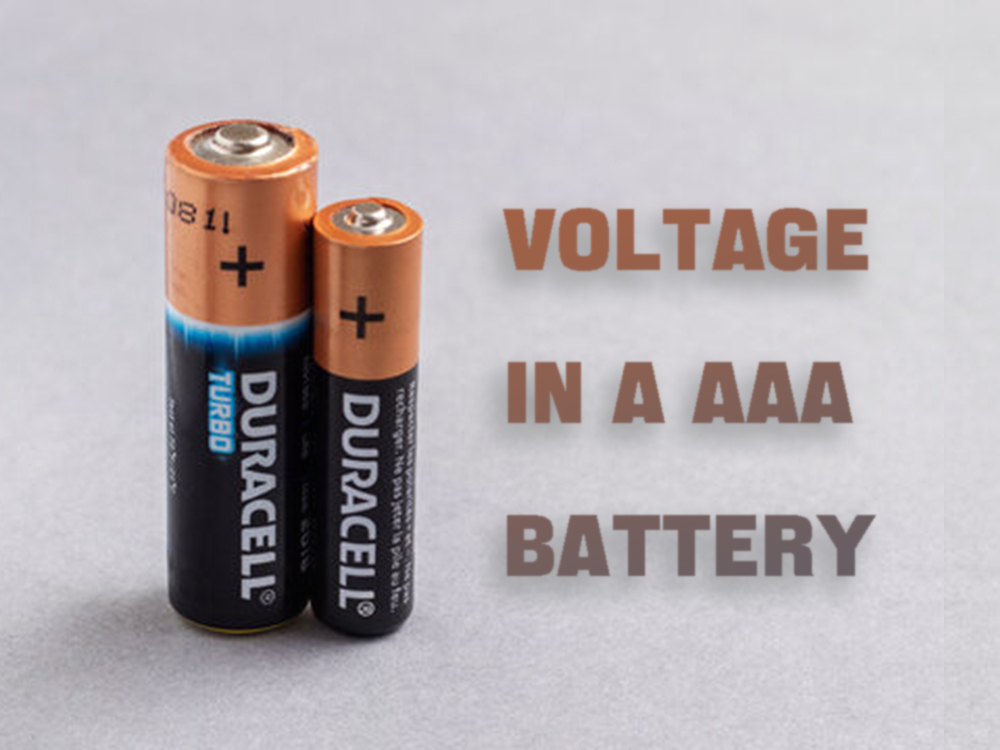
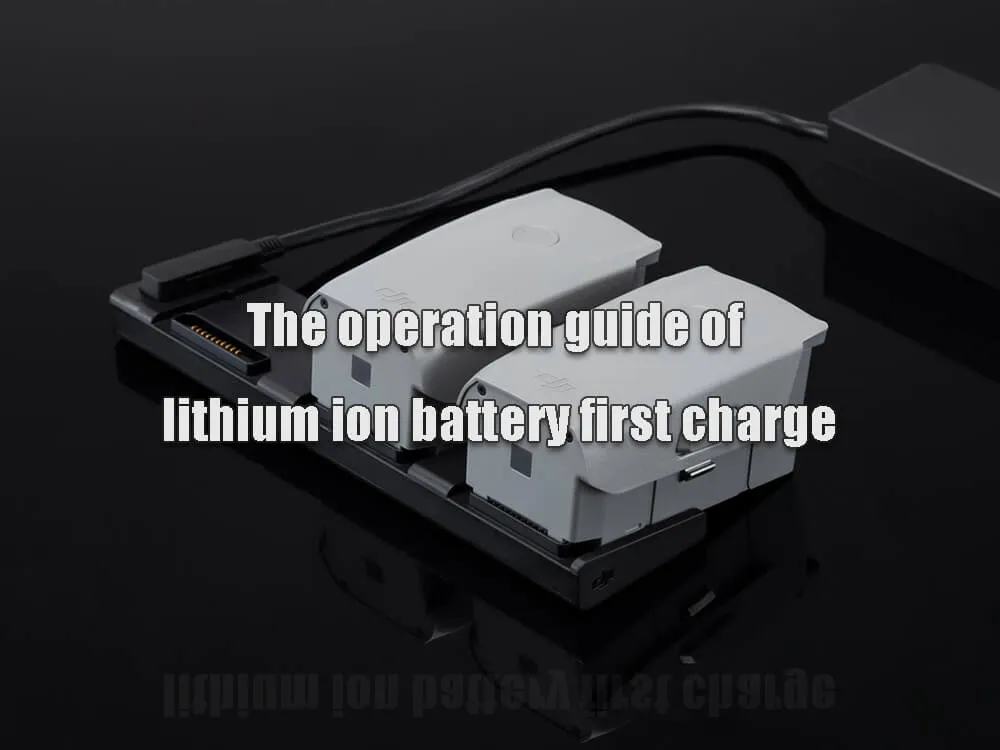
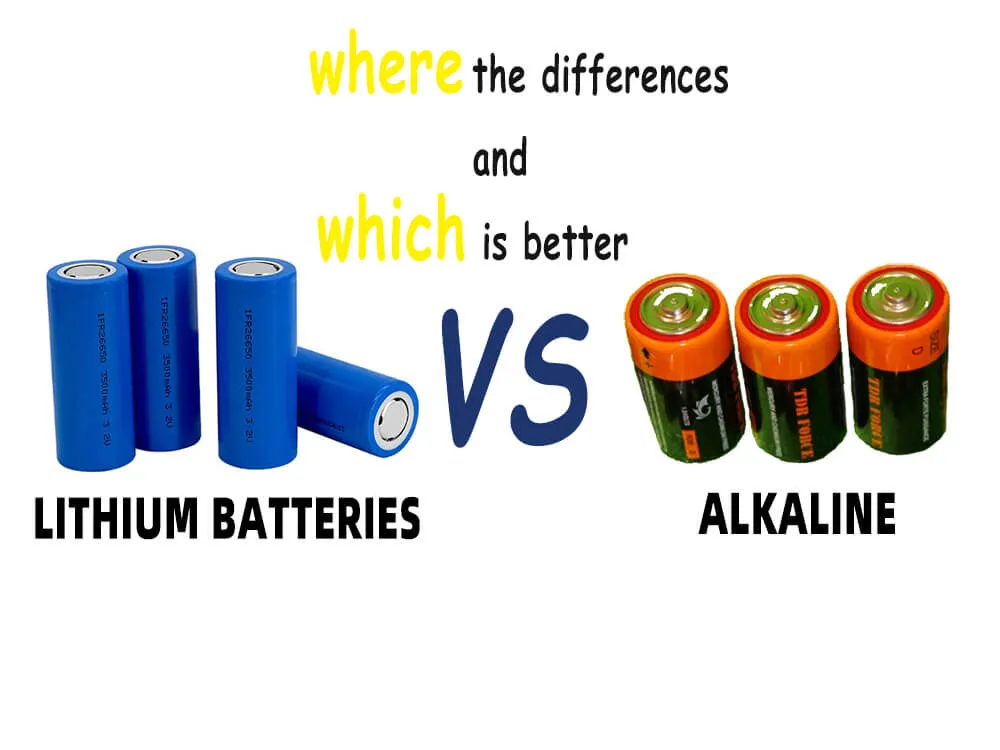



1 thought on “A comparative analysis of li-ion vs ni-mh battery”
Pingback: New battery technology sodium ion battery replacement lithium ion battery The Best lithium ion battery suppliers | lithium ion battery Manufacturers - TYCORUN ENERGY